Introduction
Yoga has flourished as a practice world-wide due to its profound capacity to improve physical strength and mental health. Yoga has something to offer for everyone, whether you are looking to become more flexible, reduce stress, or just be a part of an amazing community. Before you start your first yoga class it is important as it allows new experiences to enter in. And all the health benefits from doing yoga: boosting your mood and lowering anxiety to getting stronger and improving balance. Ready to roll out your mat? Here are our top tips!
1. Choose the Right Class for Your Level
1.1 Understanding Different Styles of Yoga
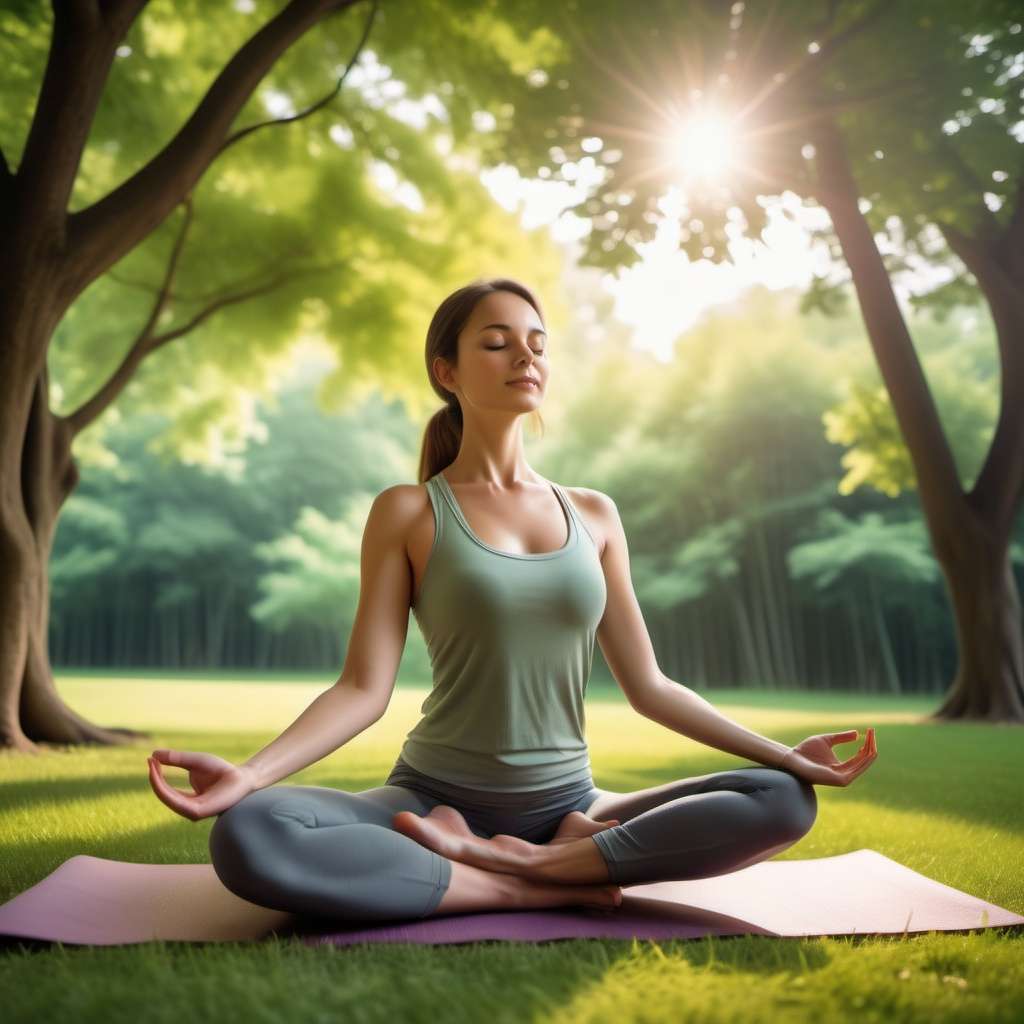
With various styles of yoga available, selecting the right one for you is key. Here are a few popular options:
- Hatha Yoga: A gentle introduction to the most basic yoga poses, perfect for beginners.
- Vinyasa Yoga: A more dynamic style that links breath with movement; great if you’re looking for a bit of a workout.
- Yin Yoga: Focuses on deep stretching and holding poses for an extended time, ideal for relaxation.
- Restorative Yoga: Designed to relax and rejuvenate, this style uses props to support the body in restful poses.
For beginners, starting with Hatha or a gentle Vinyasa class is often the best choice.
1.2 Checking Class Level Descriptions
Many studios label their classes as beginner, intermediate, or advanced. Understanding these indicators is essential:
- Beginner classes: Designed to introduce basic postures and breathing techniques.
- Intermediate classes: May include more complex poses and require a certain level of familiarity.
- Advanced classes: Challenge experienced practitioners with demanding poses and longer practices.
To find class descriptions, look on the studio website or check the class schedule.
1.3 Asking Instructors for Recommendations
If you’re unsure where to start, don’t hesitate to ask the studio staff or instructors. They can guide you towards classes suited for beginners or recommend workshops that provide a deeper dive into yoga fundamentals. A friendly chat could demystify your first experience!
2. Prepare Your Mindset

2.1 Setting Realistic Expectations
Keeping a relaxed approach is good. Yoga is a personal journey, and every individual progresses at their own pace. Embrace the idea that it’s okay to be a beginner! Encouraging self-compassion can transform your practice from judgmental to joyful.
2.2 Focusing on the Present Moment
Mindfulness is a significant aspect of yoga. To cultivate this presence, spend a few minutes before class focusing on your breath or simply observing your surroundings. This can help ground you and prepare your mind for the practice ahead.
2.3 Overcoming Self-Doubt
Many newbies experience fears about their abilities. Remember, everyone starts somewhere! Try using affirmations or positive self-talk to boost your confidence. If you hear stories from seasoned yogis, you’ll find that many had the same worries before they began.
3. Wear Appropriate Attire
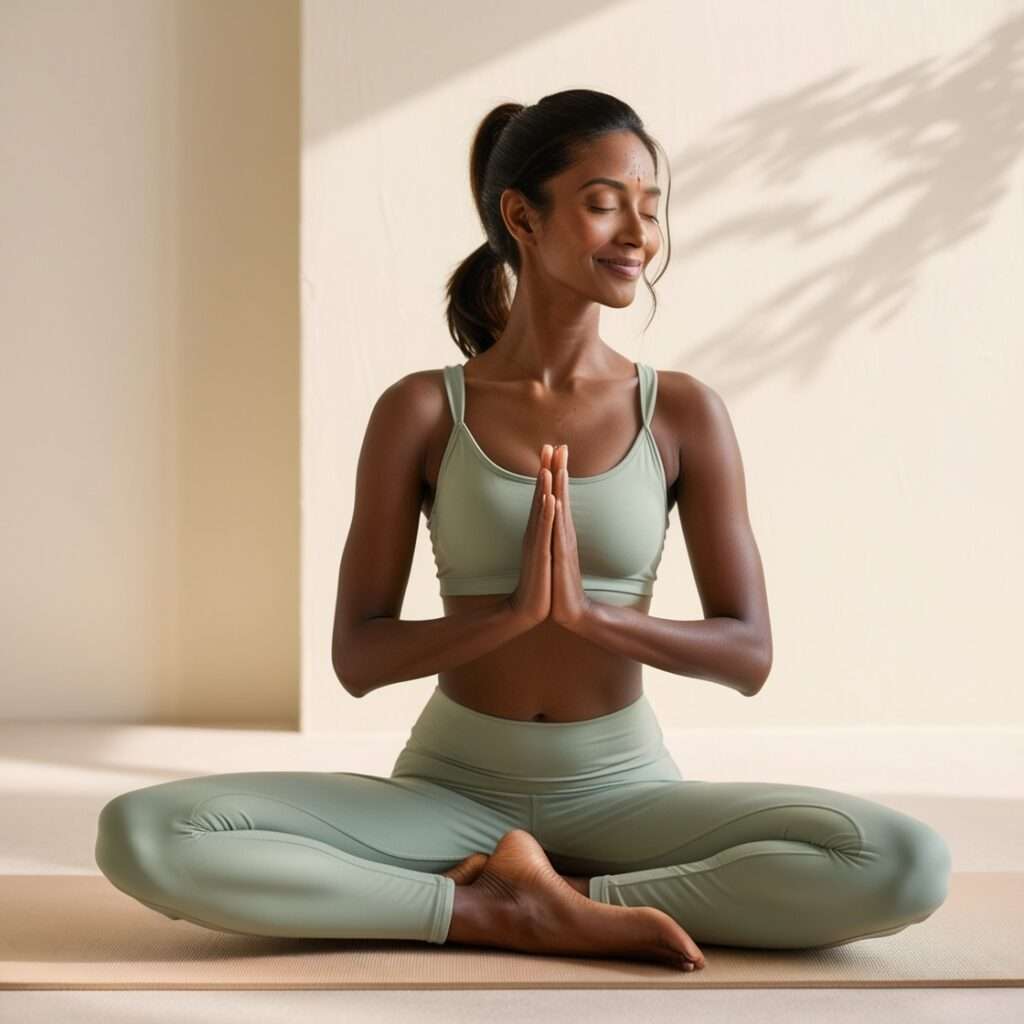
3.1 Choosing Comfortable Clothing
Wear clothing that allows you to move freely. Opt for breathable fabrics like cotton or moisture-wicking blends. Avoid overly loose attire, as it might get in the way during certain poses.
3.2 Selecting Proper Footwear
Most yoga classes are practiced barefoot to promote better grip and connection with the mat. However, if you prefer wearing grip socks for comfort, that’s perfectly fine too! Just keep studio etiquette in mind—as a rule of thumb, most prefer bare feet.
3.3 Bringing Necessary Accessories
Essential items include:
- Yoga Mat: Your personal space for practice; it can enhance stability.
- Towel: Useful for wiping sweat during more challenging classes.
- Blocks: Great for providing support and helping you access poses comfortably.
Before you go, check if the studio provides mats and props; some do, but it’s always good to be prepared!
4. Focus on Your Breath
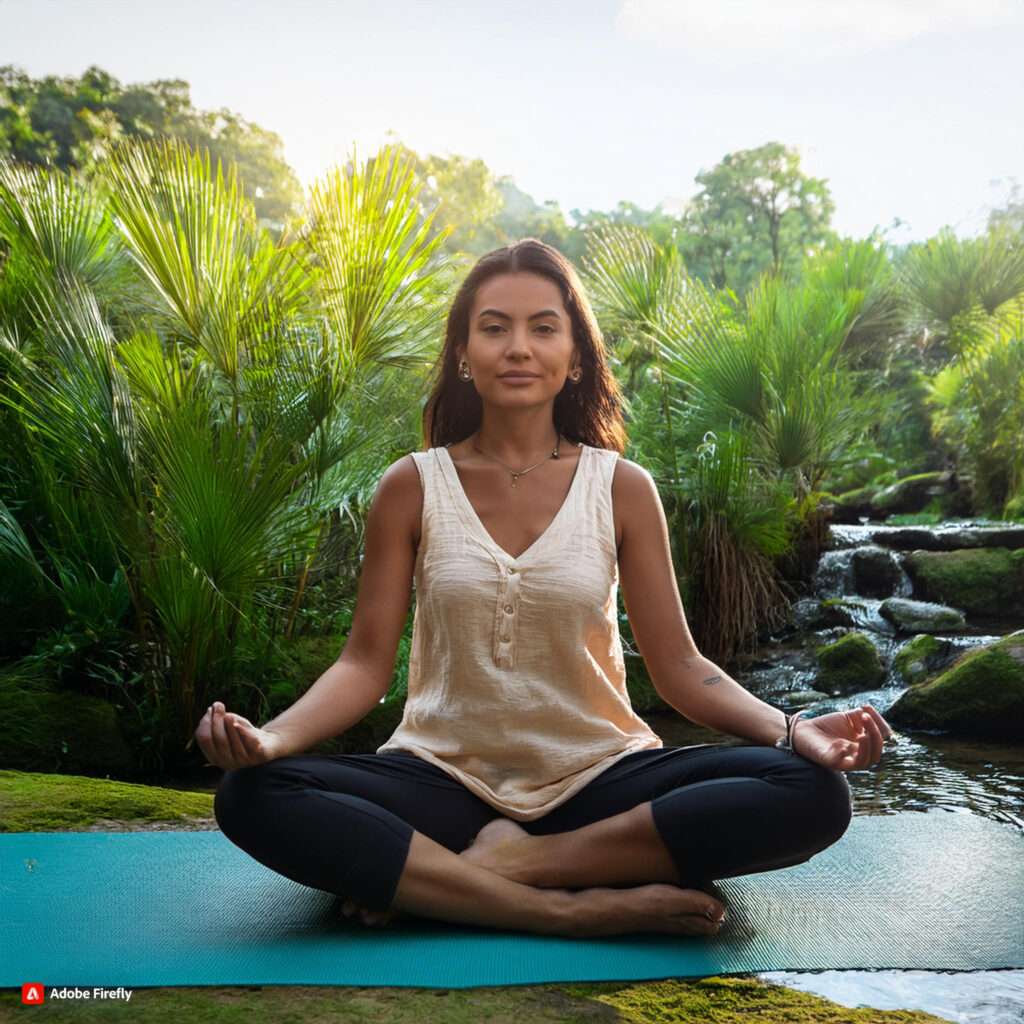
4.1 Understanding the Role of Breath in Yoga
Breath is the life force in yoga. It connects movement to mindfulness. Try learning basic breathing techniques, like Ujjayi breath, which helps calm your mind during practice.
4.2 Techniques for Managing Breath
Practicing breath control can be helpful:
- Deep Breaths: Take a moment to practice deep inhalations and exhalations before class.
- Steady Breathing: Focus on keeping your breath steady in challenging poses—it can help ease strain.
4.3 Recognizing Signs of Breath-related Issues
Be mindful of how your body reacts. If you start feeling dizzy or light-headed, take a moment to slow down and focus on your breath. Always listen to your body; it knows best.
5. Listen to Your Body
5.1 Recognizing Your Limits
Every body is different. Pay attention to your body’s signals. If you feel discomfort (not to be confused with the challenge), it’s perfectly okay to pull back. It’s a safe practice to ask questions if something doesn’t feel right.
5.2 Modifying Poses Safely
Don’t hesitate to modify poses to suit your body. Yoga is not about pushing limits; it’s about finding what feels good for you. Instructors can often offer safe alternatives if you’re unsure.
5.3 Embracing the Journey Over Perfection
Yoga is about growth, not perfection. Celebrate small milestones along the way! Shifting your focus from competition to personal experience can make your practice more enjoyable.
Conclusion
Preparing for your first yoga class doesn’t have to be daunting. By following these essential tips, you can pave the way for a delightful and fulfilling experience. Embrace the journey of learning yoga, and remember that everyone has their own path. Soon enough, you might find that integrating yoga into your routine brings a sense of peace and balance to your life. Happy practicing!
FAQs
What should I bring to my first yoga class?
Essentials include a mat, water, and towel.
Do I need prior experience to attend a yoga class?
Absolutely not! Many studios offer beginner-friendly options.
What if I can’t keep up with the class?
Everyone progresses at their own pace. Focus on your own practice and enjoy the experience.
Is yoga suitable for everyone?
Yes! Yoga is accessible to people of all fitness levels and can be modified to meet individual needs.
What should I do if I’m feeling anxious about attending?
Take deep breaths, remind yourself it’s okay to be a beginner, and maybe chat with the instructor beforehand. Being prepared can help ease your nerves!

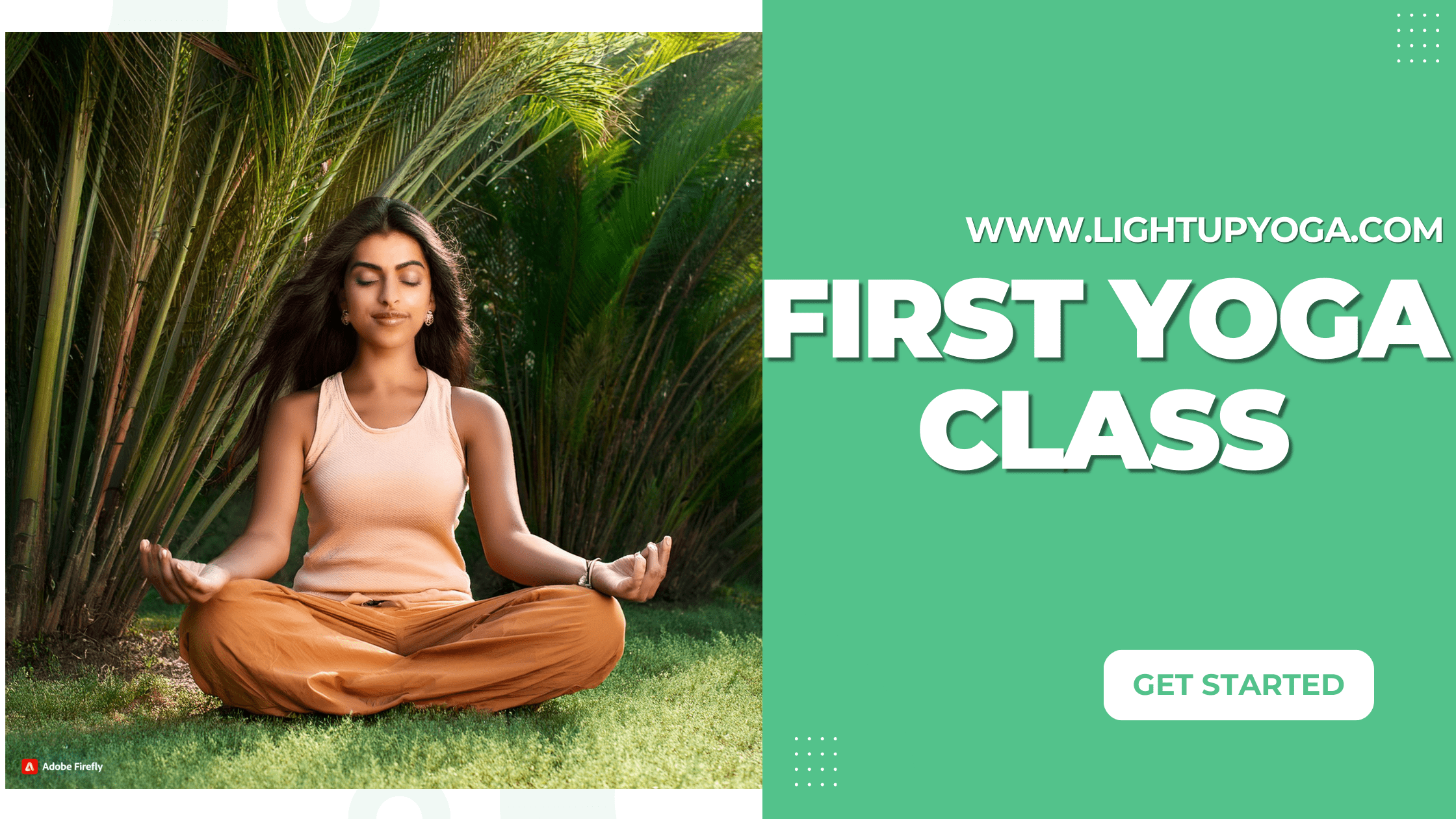
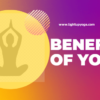



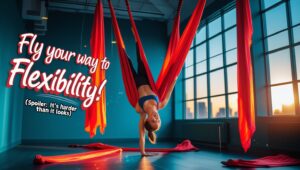








35 comments
https://cointerra.org
Good site you have got here.. It’s hard to find high quality writing like yours
nowadays. I honestly appreciate people like you! Take care!!
site
Yes! Finally something about tech.
Also visit my web site – site
site
I like the helpful info you provide in your articles.
I will bookmark your weblog and check again here regularly.
I’m quite certain I’ll learn plenty of new stuff right here!
Best of luck for the next!
my homepage; site
site
Hi there, after reading this amazing paragraph
i am too glad to share my familiarity here with colleagues.
my web blog … site
site
Thank you for the auspicious writeup. It in fact was a amusement account
it. Look advanced to more added agreeable from you!
However, how can we communicate?
Feel free to visit my web site: site
light up yogaAuthor
support@lightupyoga.com
site
Wow! Finally I got a blog from where I know how to actually obtain useful information regarding my study and knowledge.
Feel free to surf to my web page: site
site
Thanks for sharing your info. I really appreciate your efforts and I will be waiting for your further
write ups thank you once again.
Stop by my web blog … site
site
It is appropriate time to make some plans for the
future and it’s time to be happy. I’ve read this post and if I could I want to suggest
you some interesting things or suggestions. Perhaps you can write next articles referring to this article.
I want to read more things about it!
my web site: site
site
It’s amazing to visit this web site and reading the views of all colleagues
on the topic of this piece of writing, while I am also keen of getting experience.
site
It’s great that you are getting ideas from this
article as well as from our argument made at this time.
My web site; site
site
Great blog! Is your theme custom made or did you download it from somewhere?
A theme like yours with a few simple adjustements would really make my blog jump out.
Please let me know where you got your theme.
Kudos
Visit my website – site
site
Does your site have a contact page?
I’m having a tough time locating it but, I’d like to shoot you an email.
I’ve got some suggestions for your blog you might be interested in hearing.
Either way, great blog and I look forward to seeing it expand over time.
light up yogaAuthor
please feel free to suggest any change here: support@lightupyoga.com
site
Very nice article. I definitely love this site.
Keep writing!
site
I am sure this paragraph has touched all the internet viewers, its really really
good post on building up new web site.
site
What’s up, its pleasant post on the topic of media print, we all know media is a
enormous source of facts.
Feel free to surf to my web page – site
site
It’s going to be ending of mine day, except before end I am reading this fantastic post to improve my experience.
My web site site
site
Awesome things here. I am very satisfied to peer your article.
Thanks so much and I’m looking ahead to contact you.
Will you kindly drop me a e-mail?
Feel free to surf to my site: site
site
What’s up, every time i used to check weblog posts here early in the morning, because i
enjoy to find out more and more.
Also visit my blog: site
site
I am regular visitor, how are you everybody? This paragraph
posted at this web page is truly fastidious.
my site: site
site
I have been surfing online more than three hours lately, but
I by no means found any fascinating article like yours. It’s lovely value
sufficient for me. In my view, if all site owners and bloggers
made just right content as you did, the
internet will likely be much more useful than ever before.
site
Oh my goodness! Awesome article dude! Thank you, However I am encountering difficulties
with your RSS. I don’t know the reason why I cannot subscribe to it.
Is there anyone else having identical RSS issues? Anyone that knows the answer can you
kindly respond? Thanx!!
Feel free to surf to my web-site site
site
I’ve read a few good stuff here. Certainly price bookmarking
for revisiting. I surprise how a lot effort you put to make one of
these great informative site.
site
Greetings! Very helpful advice in this particular post! It is
the little changes which will make the most important changes.
Many thanks for sharing!
my web site site
site
Wow, wonderful weblog structure! How long have you been blogging for?
you make blogging glance easy. The full look of your
web site is excellent, as
neatly as the content!
site
This paragraph presents clear idea in favor of the new users of
blogging, that genuinely how to do blogging and site-building.
site
I love looking through an article that can make men and women think.
Also, thanks for allowing me to comment!
My blog post: site
site
Thanks in favor of sharing such a good thought, piece of writing is pleasant, thats why i have read it entirely
Take a look at my site: site
site
We’re a group of volunteers and starting a new scheme in our community.
Your web site provided us with valuable info to work on.
You have done an impressive job and our entire
community will be thankful to you.
site
Heya exceptional website! Does running a blog like this take a
great deal of work? I have virtually no knowledge of programming however I was
hoping to start my own blog in the near future. Anyways, should you have any recommendations or tips for new blog owners
please share. I understand this is off subject however I simply
wanted to ask. Thanks!
My page :: site
site
What’s up, just wanted to say, I liked this article. It was practical.
Keep on posting!
My web site: site
site
Hey this is kind of of off topic but I was wanting to
know if blogs use WYSIWYG editors or if you have to manually code with HTML.
I’m starting a blog soon but have no coding know-how so I wanted to
get advice from someone with experience. Any help would be
greatly appreciated!
My page :: site
site
Thank you for another informative blog. Where else may just I
get that type of information written in such a perfect means?
I’ve a venture that I’m just now working on, and I have
been on the look out for such info.
my web site: site
site
Currently it sounds like Movable Type is the preferred blogging platform available right now.
(from what I’ve read) Is that what you are using on your
blog?
Check out my blog post :: site